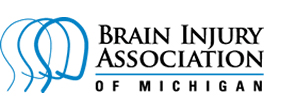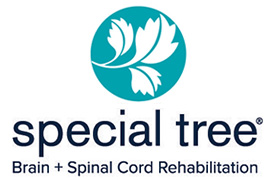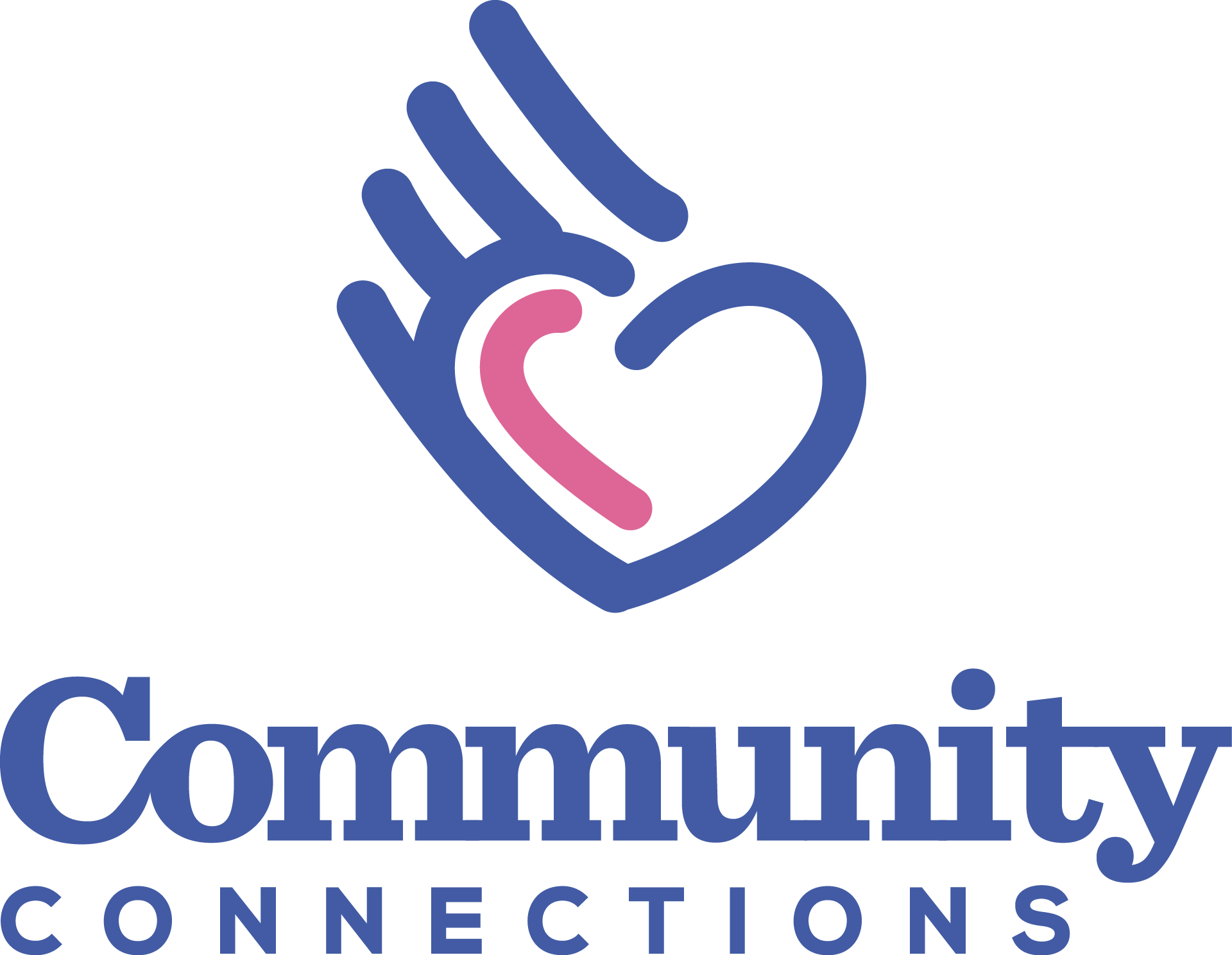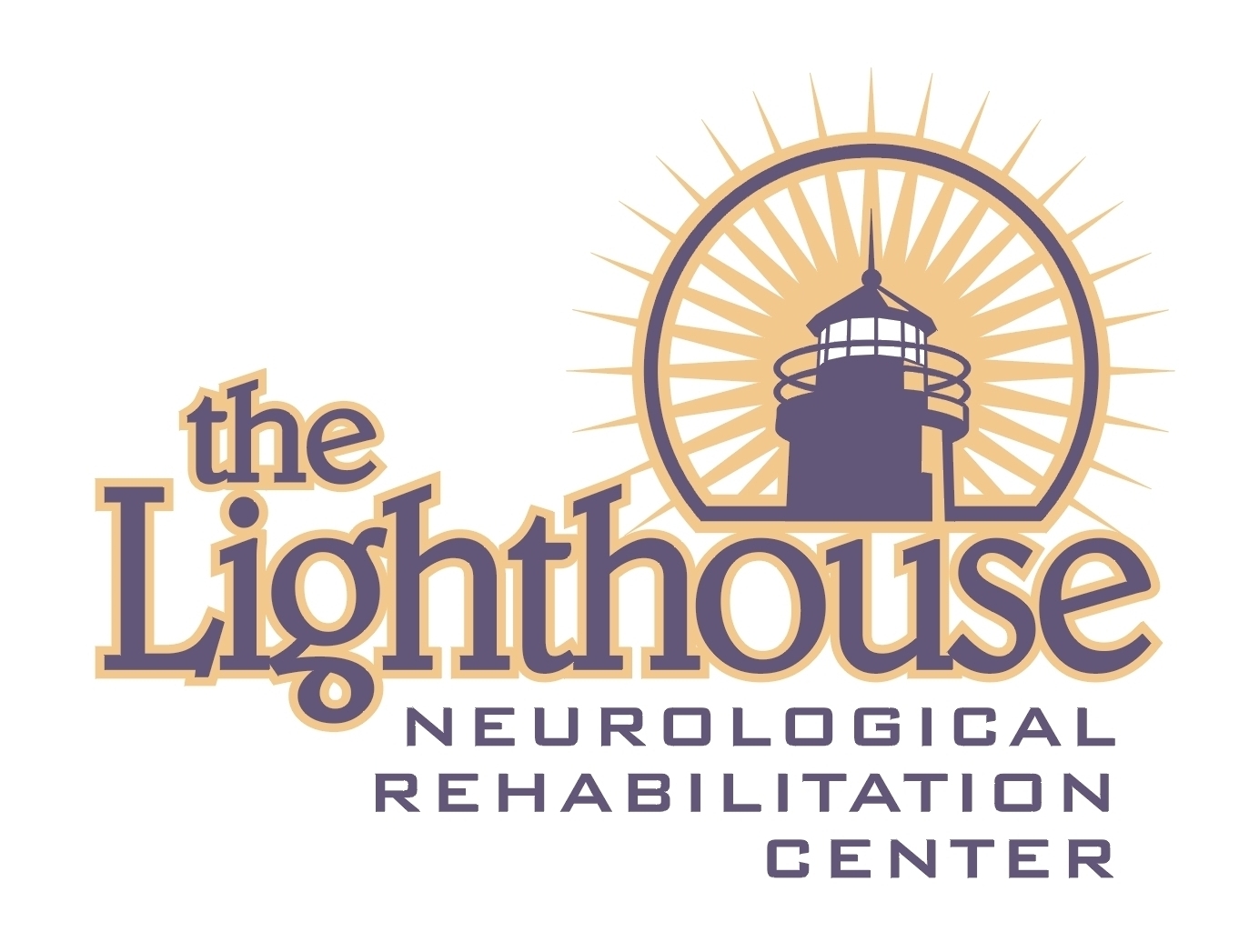A brain injury can be an overwhelming experience for survivors and family members. Even though every brain injury is uniquely different, the information and resources available on these pages should provide the foundation for better understanding and coping with the condition.
Family Helpline: 800-444-6443
Survivors with moderate brain injury may require caregiver support, either temporary or longer-term, and survivors with severe brain injury will almost certainly require the assistance of a caregiver – sometimes on a 24×7 basis for the remainder of his or her life. Whether limited or intensive, short-term or long-term, assumed by a paid professional or by a family member, the role of a caregiver is one of enormous responsibility and commitment.
Caregivers may either be professionals who typically work for a home health care agency, or they may be a survivor’s family member or friend. Cost and finances, insurance benefits, extent of disability and need, family work and home commitments, and other issues often determine which is the appropriate choice. Since family members assume most caregiving responsibility in many instances, the resources below are primarily directed toward that group. One of the major challenges for family caregivers – given the hours, tasks, issues, and resulting stress involved – is ensuring they take care of themselves and avoid burnout, as well as their own mental and physical health issues.
Events
BIAMI hosts events annually that provide caregivers with the opportunity to learn more about brain injury, improve the quality of life for their survivors and themselves, learn about the legal complications faced by people with brain injuries and their families, meet with their state legislators, and connect with other caregivers.
Caregiver Tips and Resources
- In your own words: 106 crucial tips from fellow caregivers (The Caregiver Space)
- Caregiver stress: Tips for taking care of yourself (Mayo Clinic)
- Adults: What to Expect at Home (BIAA) (helpful information from the Brain Injury Association of America on how brain injury affects the whole family)
- Caregivers (BrainLine)
- Caring for someone with a brain injury (British publication)
- TBI Caregivers & Supporters Facebook Page
- Family Caregiving (HelpGuide)
- Finding Home Health Services After Brain Injury (BrainLine) (click on “transcript” link)
- 10 Tips for Family Caregiving (Caregiver Action Network)
- How to Care for Someone with a Traumatic Brain Injury (Caring Village)
- I’m Caring for a Veteran with Traumatic Brain Injury (TBI) What Do I Need to Know? (VA Caregiver Support)
- Traumatic Brain Injury (Family Caregiver Alliance)
- Resource Guide for Parents of Students with Disabilities (Community for Accredited Online Schools)
- Supporting Family Caregivers in Providing Care (National Center for Biotechnology Information)
- Traumatic Brain Injury: A Focus on Family and Caregivers (VA Polytruama) (veteran specific but helpful for non-vet caregivers)
- Traumatic Brain Injury: Unmet Support Needs of Caregivers and Families in Florida (PLOS ONE) (but relevant for residents of other states)
- The Effect of Traumatic Brain Injury on Caregivers (APA)
- Understanding the Mental Health Needs of Metro Detroit's Veterans (RAND)
Living with Brain Injury Booklet
We know caregivers need support too, which is why our support groups are open to caregivers as well.








